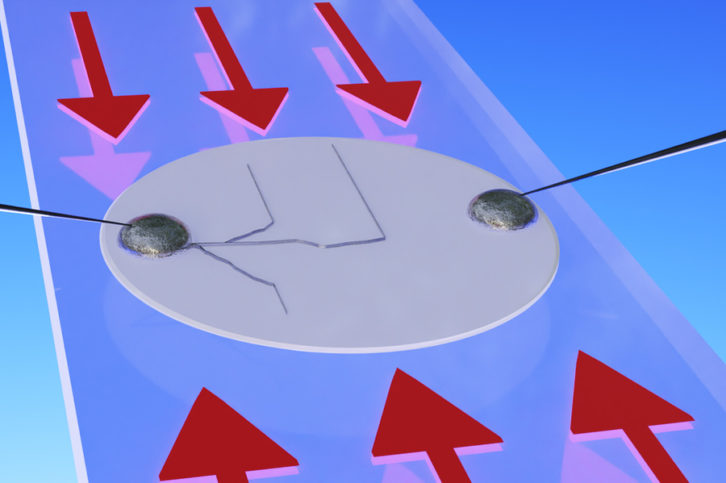
A breakthrough at MIT may shape the way electronics can be designed in the future. The researchers’ discovery has opened the door to making rechargeable lithium batteries that are “more lightweight, compact, and safe than current versions.”
The discovery is related to solving the pesky problem of dendrites, which are projections of metallic projections that snake across the lithium surface of a battery, eventually resulting in the battery shorting out. Dendrites are a key issue that has stood in the way of making batteries smaller, lighter, and safer, as they pop up when attempts are made to replace certain components with more lightweight, efficient materials.
That’s where the researchers at MIT have come in. Their discovery is surprising one: that the trick isn’t to get rid of dendrites, but to simply influence them to veer off in harmless directions, away from the battery electrodes that would cause a short. How can they achieve this? The answer seems to be specific types of stress and pressure applied to the material. “Applying mechanical stresses to the solid electrolyte doesn’t eliminate the formation of dendrites, but it does control the direction of their growth,” MIT said in a statement. “This means they can be directed to remain parallel to the two electrodes and prevented from ever crossing to the other side, and thus rendered harmless.”
Now that the concept has been proven, the team at MIT is working to figure out what the most efficient process is to achieve the desired results. For example, one such process that could be applied to batteries would be similar to the process used to form super-hard glass. Once more research is complete, the team will work on figuring out the manufacturing processes using what they have learned. On the subject, MIT Professor Yet-Ming Chiang said “I would say this is an understanding of failure modes in solid-state batteries that we believe the industry needs to be aware of and try to use in designing better products.”
See also: A promising “Polytherapeutic” tinnitus treatment app










